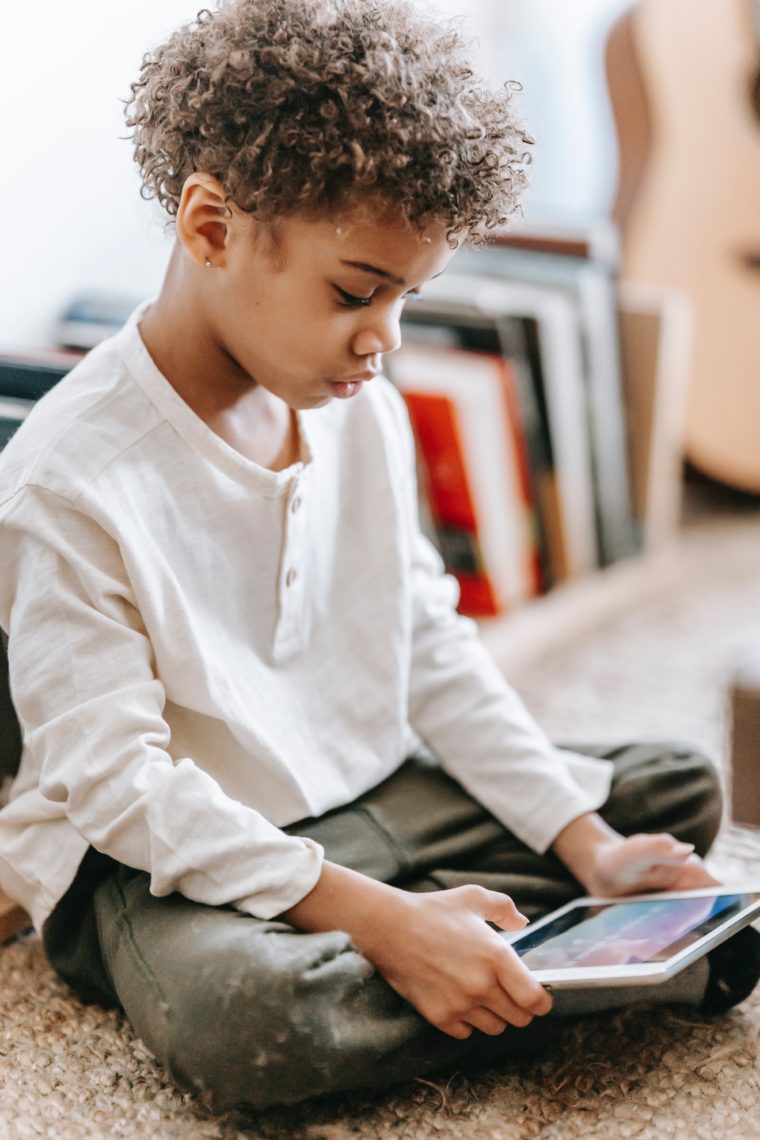Play is often talked about as if it were a relief from serious learning. But for children, play is serious learning. Play is really the work of childhood. ~ Fred Rogers

Question from a Mom:
My child is 6 years old, and I have serious difficulty getting him to do his schoolwork. I have given him lots of automated, video, and interactive learning tools, but they don’t seem to help. When it’s time to work, he’s easily distracted and daydreams. How can I help him?
Answer:
Play is essential for children’s healthy brain development. It is the brain’s favorite way of learning. Your children need the freedom and time to play.
Child development experts tell us that play helps your children understand the world around them and discover how their bodies work.
You may remember enjoying unstructured and unregulated play during your childhood. Every day, you looked forward to the freedom and spontaneity of your playtime with your siblings and friends.
Here are 5 things children learn through play:
- They develop healthy habits by actively engaging in the world around them, thus counteracting things like childhood obesity.
- They can test out new ideas and make connections between prior experiences and investigations.
- They learn to make their own decisions and make connections between choices and their consequences.
- As they try new things, play allows children to build their imagination and creativity.
- Play allows opportunities for children to regulate their feelings and develop self-control.
For you, play meant being outdoors. Today, for most children especially in industrialized countries, play has become synonymous with electronic games.
With the uptick in online learning, parents are seeking educational electronic learning games to integrate academic requirements and fun.
I must caution you that computer games and toys may be labeled educational, but they are not geared to the learning needs of a 6-year-old.
Your child needs physical interaction with his environment and people. He needs time to play and explore the real world of objects and people he can touch, feel, and manipulate with his own hands.
In addition, he needs time to be outside where he can explore his environment while engaging in physical activity.
Excessive use of electronic devices causes chemical changes in children’s brains that make them addicted to them, as well as causes an increase in distractibility.
The extended focus you see them displaying when on those devices is not the focused attention that’s needed for learning. It’s addiction.
Invest time to play with your children, so they can learn and grow through play, as God intended them to.
If you have a child who is struggling to read and/or has been identified with dyslexia, there is hope. You can be one of a group of parents determined to ditch their frustration and overwhelm over their inability to help their children learn and discover tools to do so. Click this link to chat with me and learn more: https://letsmeet.io/florencecallender/learning-assessment-call

I believe that a good mix is what today’s kids need. Definitely need to explore the world around them but they also need to be capable when it comes to tech. My 3 year old granddaughter has her own tablet with various games of matching and tracing shapes, etc. But we have a good sized collection of books, manipulative toys, and she helps in the flower and veggie gardens. She loves blocks and trucks the most right now. I think that having access to and being able to use tech is only going to increase as the years move forward.
When my son was younger I had to be very creative, he did not like much of anything. Reading and always talking to him was best.